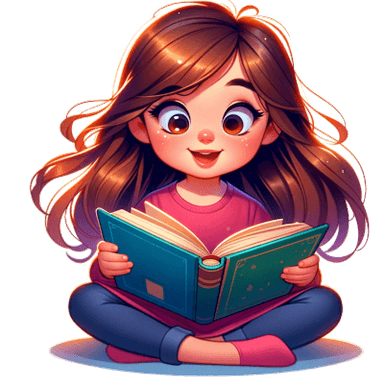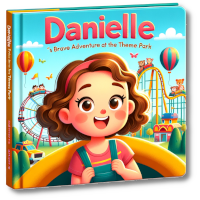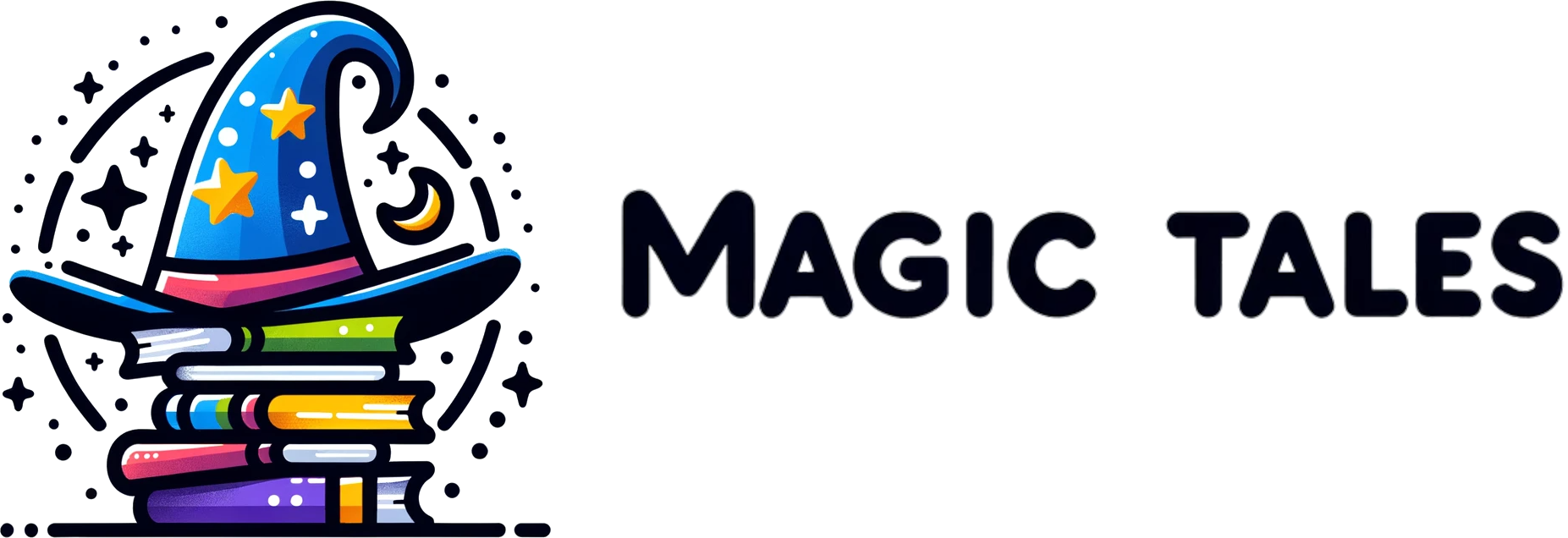Reading with children
a blog by Magic Tales

Building the Bridge of Respect: Unveiling the Psychological Impacts in Children’s Literature
Unravel the Connection: Children’s Literature and Respect
Ever wondered why most parents and teachers stress the importance of respect in their lessons? Respect - a fundamental virtue not only essential to social harmony but a key to fostering emotional intelligence. It is one of the most influential building blocks in framing a child burgeoning character. And what better tool to sow these seeds of respect than literature, right? Children's literature, in particular, plays a pivotal role in conveying this widely acknowledged virtue to young minds.
Case in Point: Umberto Eco, an Italian scholar and writer once stated, 'To survive, you must tell stories'. Stories are not only a source of entertainment but a constructive tool to teach valuable life lessons such as 'respect.' Picture a small child, curled up with a book or listening to a story read aloud, and think about the values these tales instill. Respect, compassion, empathy, and more, all woven in the beautifully written narratives.
Reflecting Respect Through Stories
Fairy tales and storybooks expose children to a diverse range of characters, backgrounds, and situations. Through these varied portrayals, children learn to understand and accept the uniqueness in others. They assess how characters are treated in situations, and this wider exposure helps them to respect individuality and difference. Many books emphasize the importance of respecting elders, nature, cultures - enveloping a full spectrum of 'respect'. The tale of 'Goldilocks and the Three Bears', for instance, imparts the lesson of respecting others' personal spaces and belongings.
Key Roles in Literature
Children’s literature also inspires critical thinking. It enables children to evaluate scenarios and characters critically. By questioning a character’s behavior, they learn to tell right from wrong. As an extension, children naturally learn about respect - whether a character’s actions were respectful or disrespectful, appropriate or inappropriate. Coupled with open discussions, children's literature can encourage a more profound depth of understanding of respect.
Fine-Tuning Emotional Capabilities
Respect doesn’t only involve honoring elders or complying with rules. It dwells deeper— reaching out to emotional capacities. Respecting feelings and emotions signal a fundamental mode of empathy, and children's stories play a significant role here. The book 'Charlotte’s Web,' superbly demonstrates friendship, sensitivity, and respect. Such narratives provide ways for children to understand, process, and express emotional respect.
The Wrap-Up
Our role as caretakers, educators, parents remains incomplete without educating them about respect. And while respect may not appear as a tangible entity, children's literature helps make it a sensory experience. Let the power of stories sculpt the essential virtues in our blooming youth. Gift them the treasure of respect through the magical world of books.
Want a personalized book to read with your child about Respect?
Takes as quickly as 30 seconds to create
Create a book about Respect

